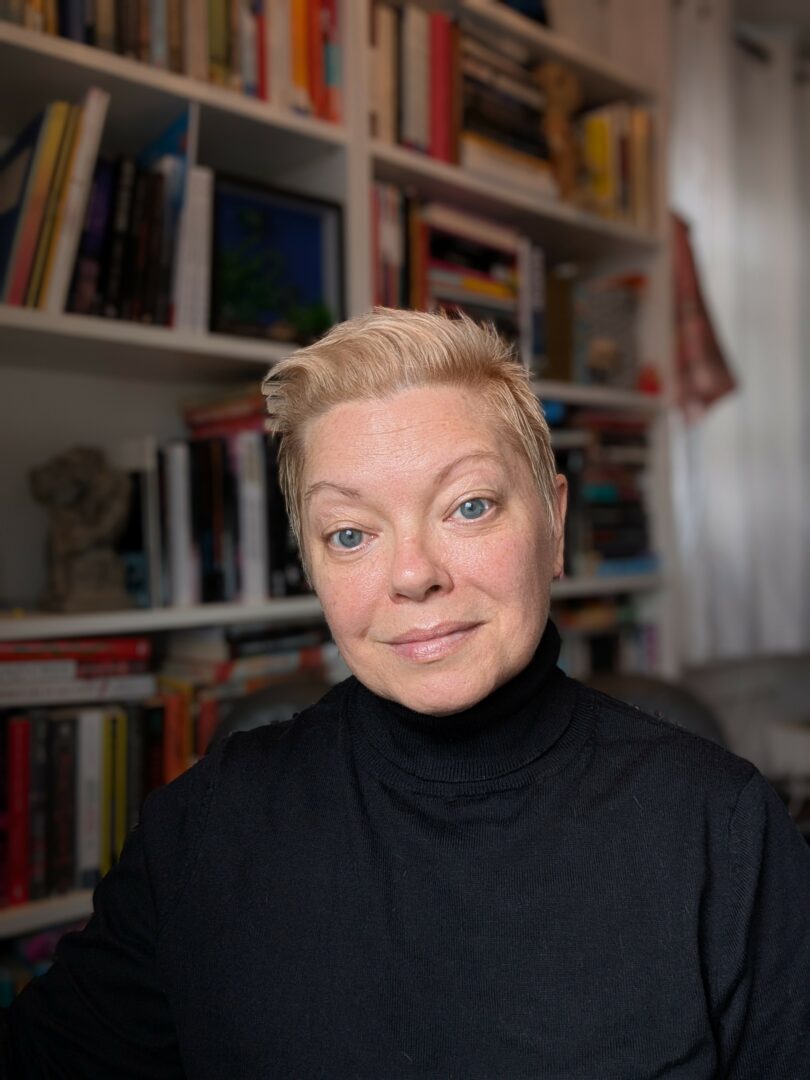Alright – so today we’ve got the honor of introducing you to Nicole Wolverton. We think you’ll enjoy our conversation, we’ve shared it below.
Nicole, thanks so much for taking the time to share your insights and lessons with us today. We’re particularly interested in hearing about how you became such a resilient person. Where do you get your resilience from?
Writers get rejected. A lot. So when I talk about resilience and having better-than-average coping skills, most people assume that I’ve acquired those skills from hearing the word “no” over and over. In truth, it’s not about writing–but what I write. My favorite thing to write is horror, and I’ve loved being scared for fun since I was a little kid. My grandmother read the original Grimm’s fairy tales to me before I learned to read myself. I was making up stories about the adventures my imaginary friend and I would go on before I could write… my bedroom was strewn with stick figure drawings of me and my friend Mona, who had knives for fingers. Like most horror fans, I saw films and read books I was probably too young for–but in the end, that is very likely why I’m good under pressure, and why I’m relentlessly optimistic.
There is academic research to back that up. The Recreational Fear Lab (a research outfit in Denmark) produced a study several years ago that indicates that during the earliest parts of the COVID-19 pandemic, people who consumed horror media demonstrated increased levels of resilience when compared to people who consumed other types of media. At the time, I had just recovered from a severe case COVID myself–it was in the pre-vaccination days, and I’d been hospitalized, had the hard conversation with my health care team about whether I wanted to be put on a ventilator if it came to that, and felt shockingly calm about it all. I was also in the middle of a masters program and got it into my head that I needed to make my final masters project all about my experience and the Recreational Fear Lab study.
I learned a lot about myself and a lot about the psychology of horror and its impact on how we adapt to trauma. My steady diet of scary short stories, novels, and films has made me into someone who is flexible and good at coping with stress–because practice makes perfect.
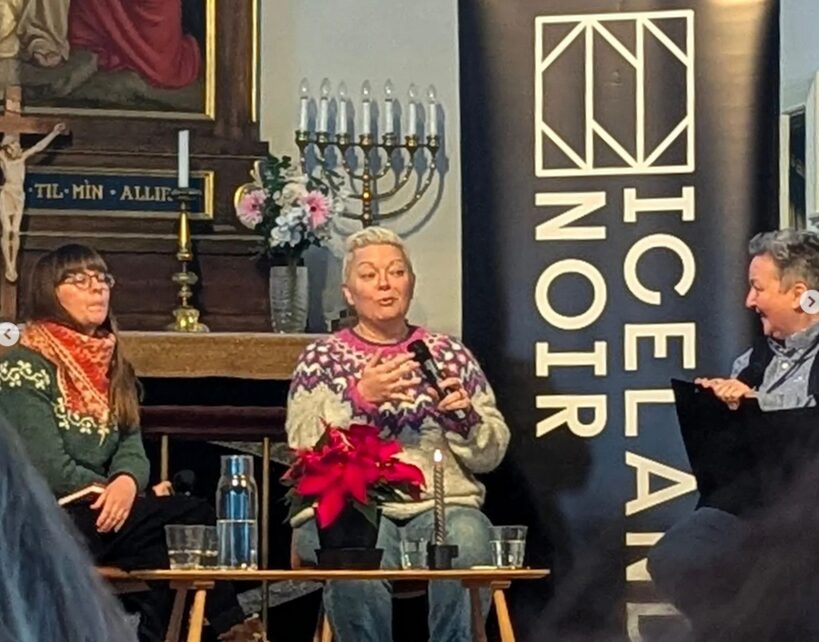
Thanks, so before we move on maybe you can share a bit more about yourself?
Being a horror writer means I get to send the message to readers that they have the ability to fight monsters–and win. I write in several other genres (thrillers, literary fiction, as well as creative nonfiction and essays), but I always come back to horror in one way or another, both for adults and young adults. There’s something very fun about exploring your darkest thoughts on the page, not to mention your darkest fears.
My first novel, an adult psychological thriller called The Trajectory of Dreams, came out in 2013, and my first young adult horror novel, A Misfortune of Lake Monsters, came out in July 2024. Between those two publications, I’ve had more than 50 short stories, creative nonfiction works, and essays published. The paperback version of A Misfortune of Lake Monsters comes out in September 2025, which is a nice bridge to my next book–a young adult horror novel titled Meat Sweats, which comes out in fall 2026.
One of the most fun things about the release of A Misfortune of Lake Monsters is having so many opportunities to do events that also utilize my masters degree in horror and storytelling. Most recently I presented on a panel with other local Philadelphia young adult horror writers on the psychological benefits of reading young adult horror for younger readers–to a sizeable crowd of librarians from all over the country. Spreading the gospel of why horror is so great for people, psychologically, at a time when the world seems so scary and awful is a joy.
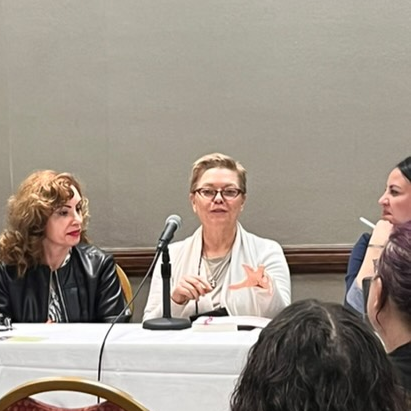
Looking back, what do you think were the three qualities, skills, or areas of knowledge that were most impactful in your journey? What advice do you have for folks who are early in their journey in terms of how they can best develop or improve on these?
Beyond having excellent coping skills, the three qualities that have been personally useful to me are curiosity, self-awareness, and a sense of humor.
1. A friend once told me she was pursuing a doctorate because it made her happy to learn. It wasn’t about getting a better job or making people call her “doctor.” She did it for the sake of the knowledge. When I started my master’s program, I realized how important that attitude is. I want to know things. I want to know how things work. Knowledge is its own reward. That part of education seems to get lost, often enough, and it’s probably why science and education are being attacked at the federal level in the US. Get curious, and then pursue evidence-based answers. It’s the way to happiness.
2. Without curiosity, there can be no self-awareness–and without self-awareness, we never become the best form of ourselves. Being a good person who does good things is simply being aware enough of yourself to recognize how you impact others around you… and caring. You need that level of awareness to be a good writer, too.
3. Horror and humor go together, but that’s not the only reason having a sense of humor has been useful to me. Part of being resilient is having the ability to laugh at the absurdity of the trauma we face, even as we’re working toward fixing the bad things happening. Find things to laugh at, but most of all, laugh at yourself.
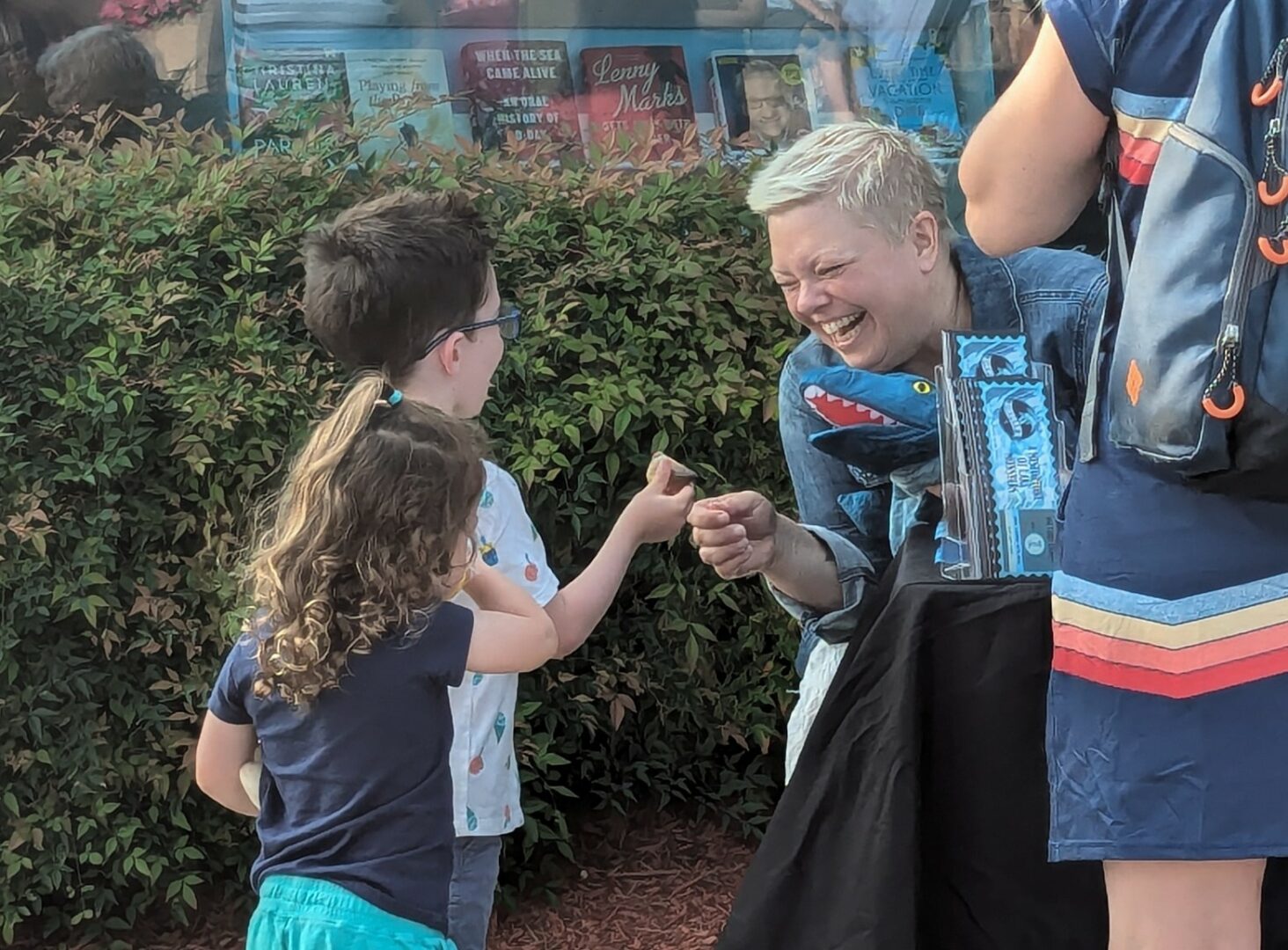
What was the most impactful thing your parents did for you?
Book bans are very prevalent these days. I’m very lucky to have grown up at a time when book banning was the exception, not the rule. I read whatever I wanted as a kid, and my parents encouraged that. It helped me develop an independent spirit and find my own limits. Being told what to read, when to read it, and how to think about it doesn’t do anyone any good… at any age. And because I could decide for myself what kind of content I was ready for, it gave me the confidence that I knew myself and had good judgment.
Look, I know that people who work to ban books probably think they’re doing the right thing by demanding that all parents let them set the rules for all kids, but I think my parents had it right by giving me freedom.
Contact Info:
- Website: http://www.nicolewolverton.com
- Instagram: https://www.instagram.com/nicolemwolverton/
- Other: BLUESKY: https://bsky.app/profile/nicolemwolverton.bsky.social
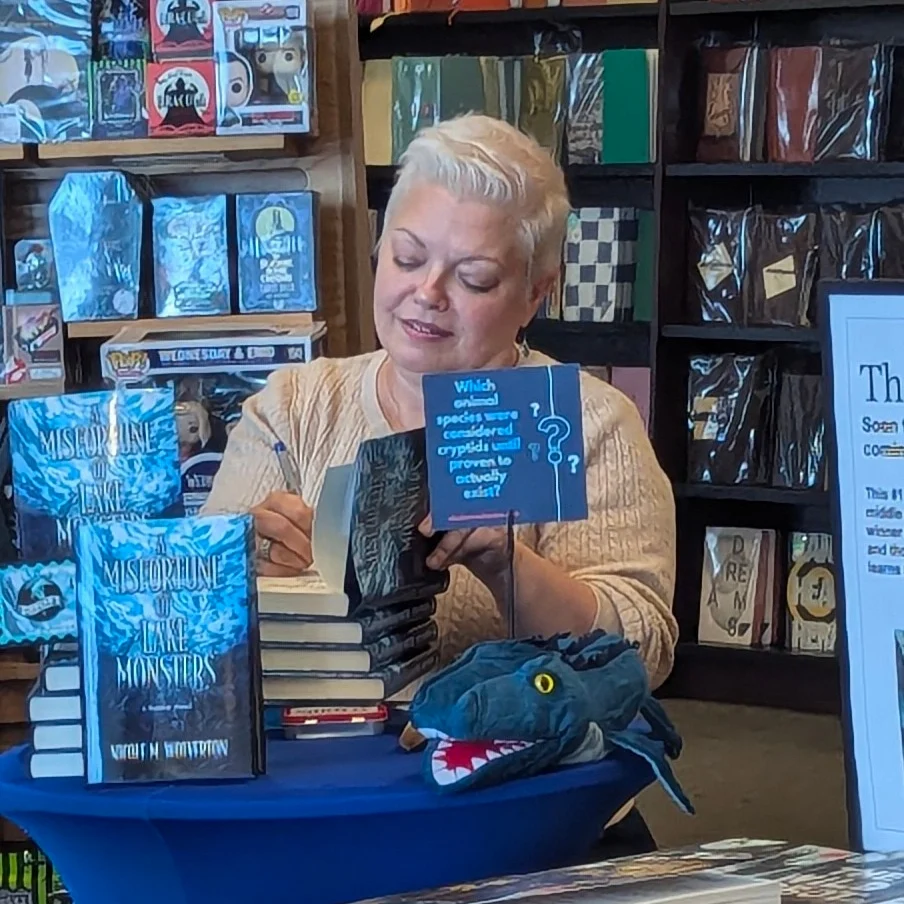
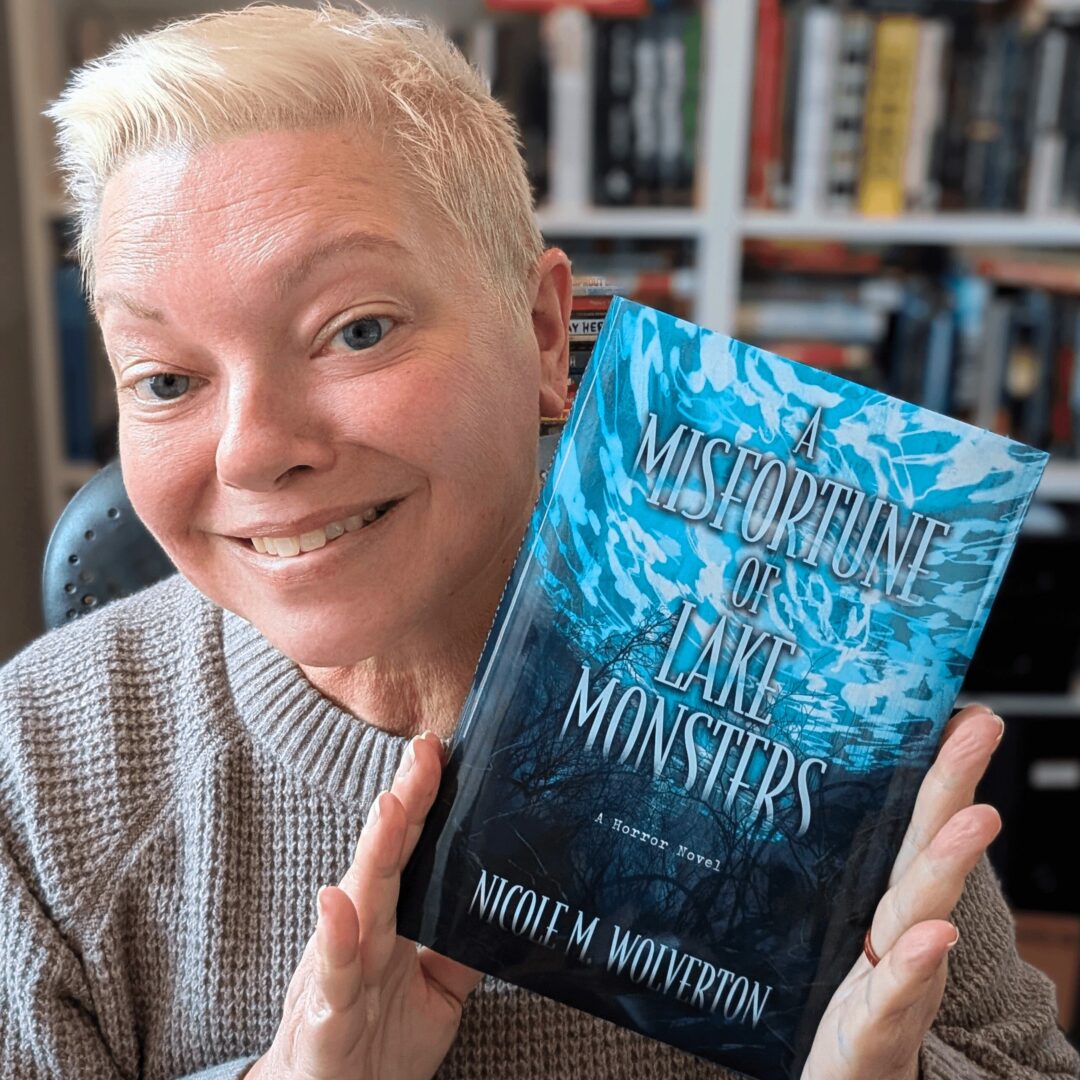
so if you or someone you know deserves recognition please let us know here.

